As part of a series highlighting the work of young people in addressing the climate crisis, writer Patricia Lane interviews, Miklos Alvaro Sunario, a Vancouver-area math whiz who set up a free international tutoring service for students struggling with their studies.
Author's statement
The 1990s were personally tough for me. I spent the decade immersed in action based on climate catastrophe science, trying, and by all accounts failing, to stem the tide. Hardest of all, death and dementia came to my family.
As my awareness deepened about the growing divide between young and old and rich and poor, grief had become a pretty constant companion. I could choose to go further into the abyss of fear and loss or choose the only thing stronger: love. To choose love is to hope. But I had forgotten how. So I made a resolution — one that could last a year or even a decade if need be. I chose to study hope.
Part of my journey is to seek out promising young people who are contending in evidence-based and impactful ways with the climate crisis and engage them in conversations about hope. I am grateful for Canada’s National Observer’s commitment to solutions journalism, which provides these determined, joyful and, yes, hopeful young people a voice.
Miklos Alvaro Sunario and EDU Beyond
When the pandemic hit, Grade 11 math whiz Miklos Alvaro Sunario saw that some of his high school classmates were struggling with online math. Some were too shy to ask teachers for help and could not afford private tutoring. Sunario and his best friend Alec Shi, who had experience tutoring elementary students, knew they could each tutor a couple of friends, but saw a lot more unmet need. Together, they built a platform that matches tutors with students and offers a student-led and managed network across the Lower Mainland in British Columbia. Less than half a year later, EDU Beyond has helped 200 students in five provinces and 10 countries with their studies. For free.

Tell us about your idea.
The pandemic has made the inequality in our world so much more obvious. I came to Canada from Indonesia five years ago. My parents moved here in large part because the educational opportunities are better here for me and my sister. But why should it be like that? I knew that if students in my Vancouver school who already had so much were struggling, poor students in other places must be having a much harder time. I asked myself what I could do. Alec and I know we have enormous privilege just in having a good education. So it made sense to us to offer to share our knowledge. Since Alec has friends in Taiwan, it was natural we would reach out to students in Indonesia and Taiwan as well as in Canada. We asked around to see if there were other students interested in helping build the organization, and now we are a team of eight high school students. The connections in India, Malaysia and elsewhere came through those initial steps.
How do you offer the services?
There is a website anyone can access. When a student registers, we collect information about their location and needs. The same goes for willing tutors, who register by location and subject area. We interview prospective teachers, ask them to take a short course on communication skills and sign a good faith contract. Students and teachers are matched as much as possible by time zone.
How do you spread the word?
Anyone can register, but, of course, barriers to information are part of the inequality crisis, so it is important to work with organizations that are close to the ground. My mother has a long-standing relationship with Indonesian not-for-profits Inspirasia and Tangan Pengharapan, which set up sponsor-orphan relationships. I asked them if they had any orphans who might benefit from tutoring. CBC’s Stephen Quinn did a piece on us and that helped increase uptake in Vancouver.
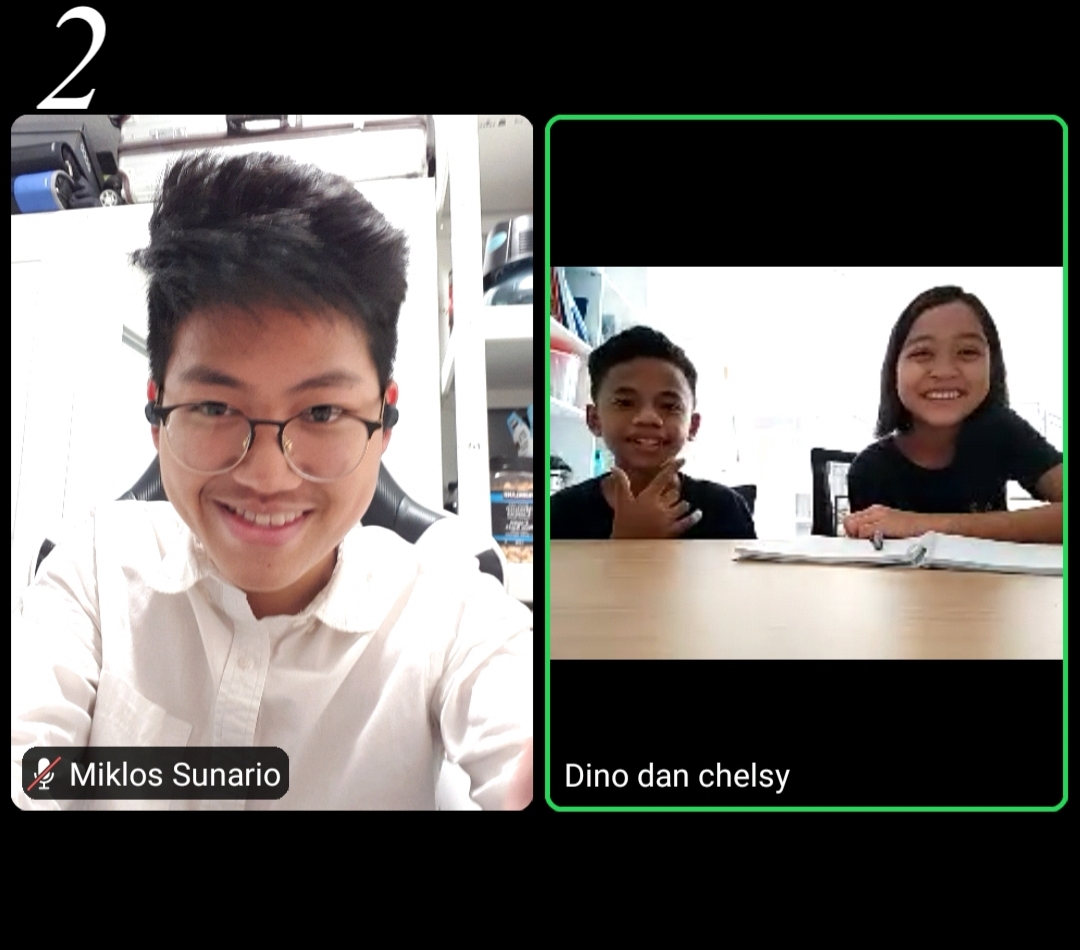
How do your parents’ values influence you?
My father did very well in business in Indonesia, but I think his superpower is in mentoring young people. My mother has always taught me to see people as individuals. She took me to meet the children she sponsored because she wanted me to take it personally. They raised me to see the opportunities I have are not the result of anything I did, but rather the result of my privileged upbringing. It is second nature for me to want to make opportunities available to others.
Do you have any advice for other young people who may be aware of the enormity of the challenges, but are not sure what they can do to help?
Everyone has something to give. I happen to be good at math and I speak English. I also have time because I do not need to spend time every day fetching water or food for myself or my family. So I can use my time to share my knowledge. Never imagine that just because you are only one person, you cannot make a difference. Get a group going and get started. Take it personally.
What does support look like from older people?
Sometimes small amounts of financial support can make a big difference. As a show of support, my parents bought a piece of software for us that helped us with the website.
Set an example for us. We stand on the shoulders of the giants we see — those closest to us are very influential. So are public figures, like politicians. My biggest worry is that a lot of elders are not currently setting a very good example. Elders need to show us they are willing to do now what we will have to do later. Find younger people to help. See people who are less fortunate than you and make it your business to take them into account.
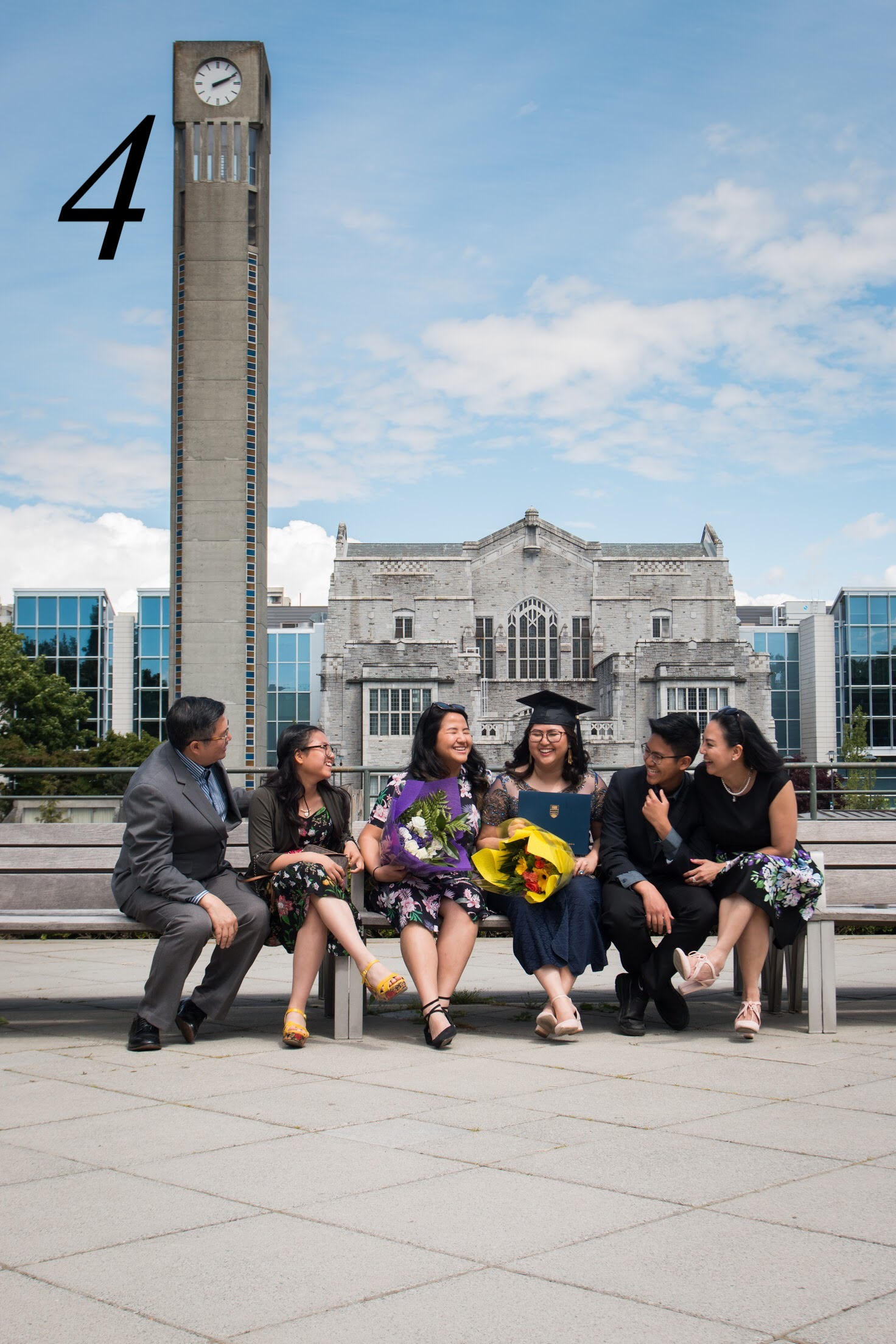

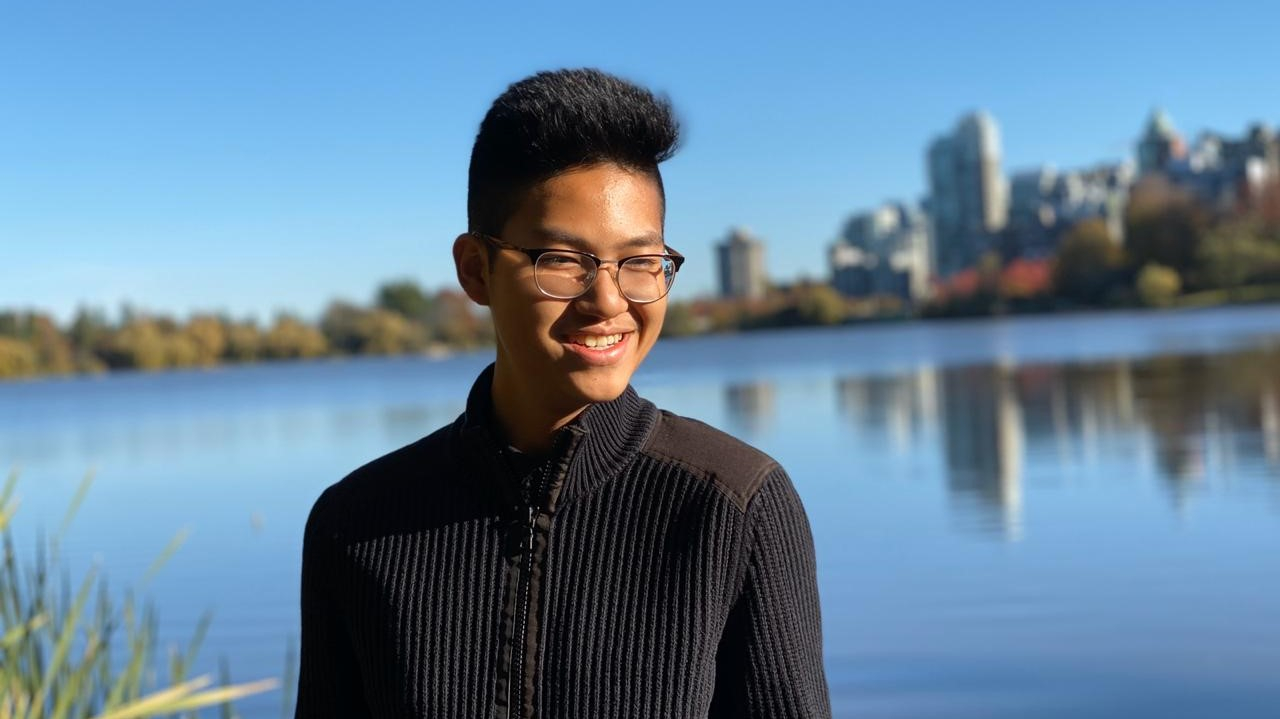

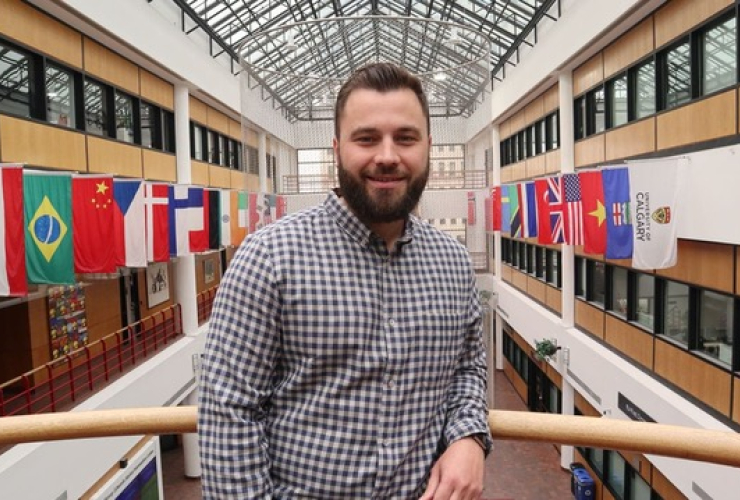
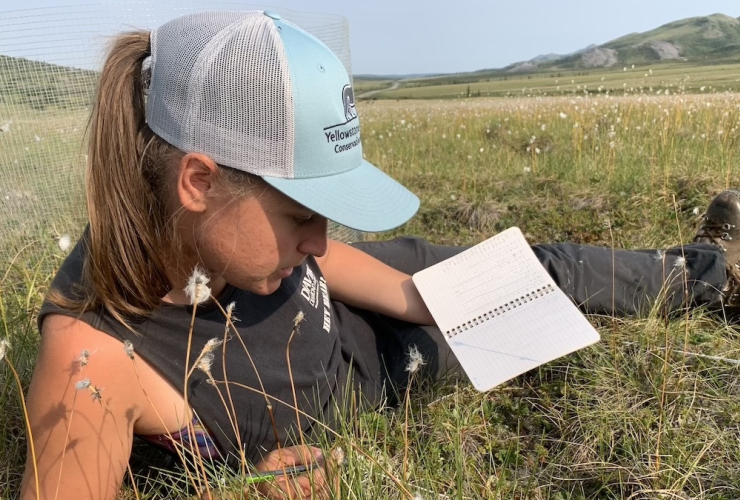
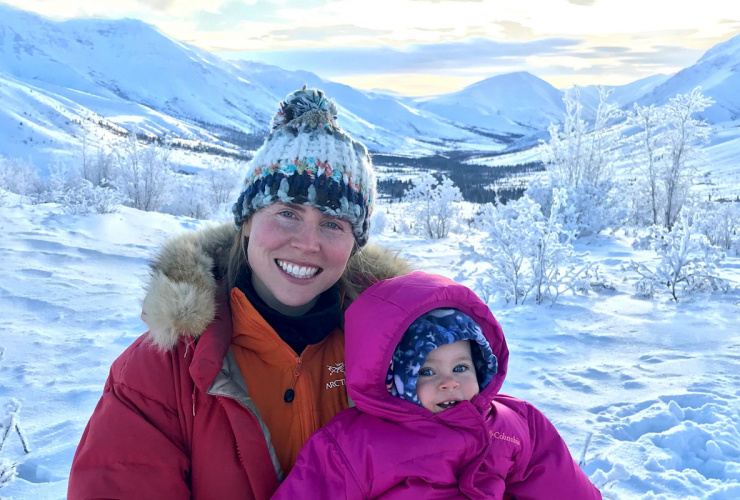
Comments